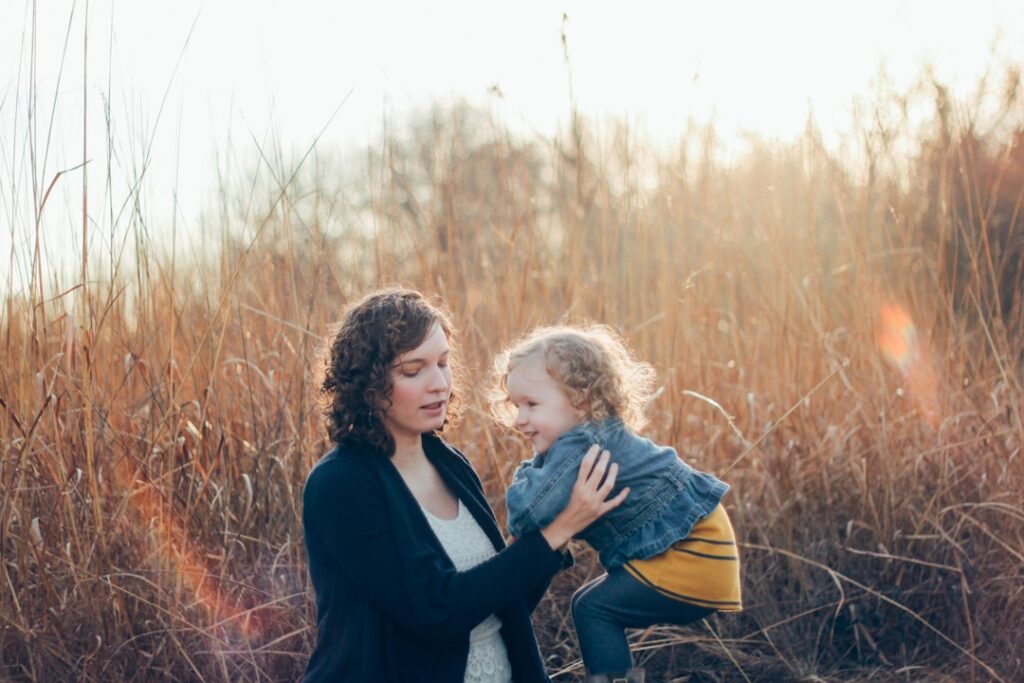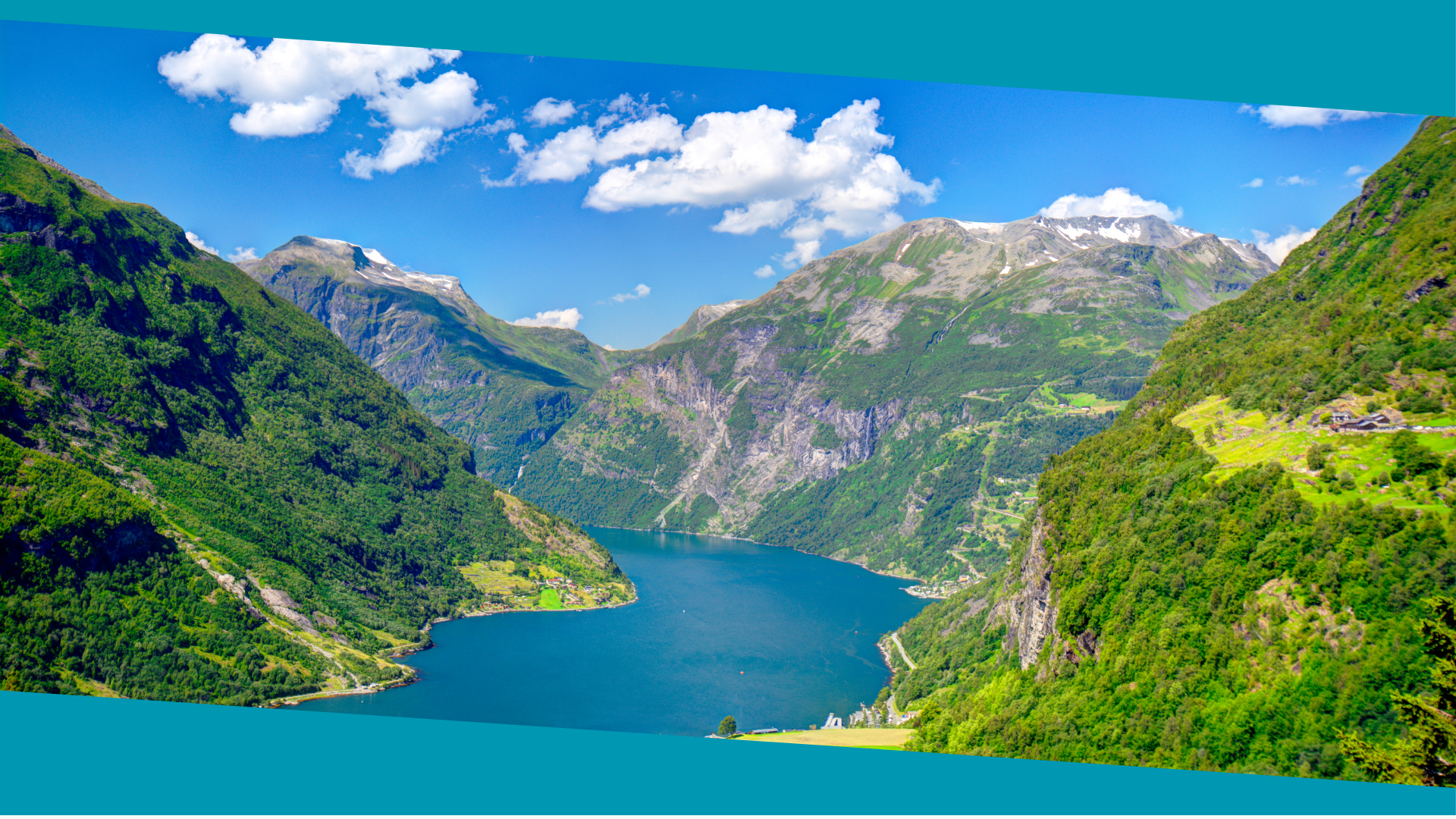Norwegian parenting and childcare practices are often praised for their emphasis on independence, self-reliance, and the importance of spending time outdoors. These practices are deeply rooted in Norwegian culture and are seen as essential for the development and well-being of children. In this article, we will explore the basics of Norwegian parenting, the different types of childcare facilities in Norway, Norwegian family values and traditions, health and safety guidelines in Norwegian childcare, education systems and programs for children, nutrition habits and practices, leisure activities and opportunities for families, language and cultural knowledge for parents and children, as well as the challenges and solutions for integration into Norwegian parenting and childcare.
Basics of Norwegian Parenting
Norwegian parenting is characterized by a democratic and egalitarian approach. Parents in Norway strive to create a nurturing environment that promotes independence, self-reliance, and respect for others. They believe in giving children a sense of autonomy from an early age, allowing them to make decisions and learn from their mistakes. This approach is rooted in the belief that children should be treated as individuals with their own thoughts and opinions.
One of the key aspects of Norwegian parenting is the emphasis on independence and self-reliance. Parents encourage their children to take responsibility for their own actions and to solve problems on their own. This is seen as essential for building resilience and preparing children for adulthood. Norwegian parents also value open communication with their children, encouraging them to express their thoughts and feelings freely.
Childcare Facilities and their Functions in Norway
In Norway, there are various types of childcare facilities available to parents, including kindergartens (barnehager), family day care homes (familiebarnehager), and after-school programs (SFO). Kindergartens are the most common form of childcare in Norway, providing full-day care for children aged 1-6 years old. Family day care homes are smaller, home-based facilities that offer care for a small group of children. After-school programs are available for school-aged children and provide a safe and supervised environment for them to spend their afternoons.
Childcare facilities in Norway play a crucial role in early childhood education. They provide a structured and stimulating environment where children can learn and develop important skills. Norwegian kindergartens, in particular, focus on play-based learning, where children are encouraged to explore, experiment, and engage in creative activities. This approach is believed to foster curiosity, problem-solving skills, and social development.
Norwegian Family Values and Traditions
Norwegian family values are centered around spending quality time together and enjoying nature. Norwegians place great importance on outdoor activities and being active as a family. It is common for families to go hiking, skiing, or camping together, regardless of the weather. This emphasis on outdoor activities is not only seen as a way to stay physically fit but also as a way to connect with nature and appreciate the beauty of the Norwegian landscape.
Another important aspect of Norwegian family values is the concept of “dugnad,” which refers to the practice of community cooperation. Norwegians believe in working together for the benefit of the community and helping each other out. This value is often instilled in children from a young age, as they are encouraged to participate in community activities and contribute to their local neighborhoods.
Health and Safety Guidelines in Norwegian Childcare
Health and safety guidelines are taken very seriously in Norwegian childcare facilities. There are strict regulations in place to ensure the well-being of children, including guidelines for hygiene, nutrition, and accident prevention. Childcare providers are required to undergo training and certification to ensure they have the necessary knowledge and skills to provide a safe environment for children.
Promoting healthy habits is an important aspect of Norwegian childcare. Children are encouraged to eat nutritious meals and snacks, engage in physical activity, and practice good hygiene. Childcare facilities often have strict policies regarding food allergies and restrictions, ensuring that all children are provided with appropriate meals and snacks.
Accident prevention is also a top priority in Norwegian childcare. Childcare providers are trained in first aid and emergency procedures, and facilities are equipped with safety measures such as fire alarms, first aid kits, and childproofing measures. Regular safety inspections are conducted to ensure that facilities meet the necessary standards.
Norwegian Education Systems and Programs for Children

Norway has a comprehensive education system that starts from early childhood and continues throughout adulthood. Early childhood education is seen as crucial for the development of children and lays the foundation for lifelong learning. In addition to formal education, Norway also offers various programs and initiatives to support children’s learning and development.
Kindergartens in Norway play a significant role in early childhood education. They provide a structured curriculum that focuses on social, emotional, cognitive, and physical development. Children engage in a wide range of activities, including arts and crafts, music, storytelling, and outdoor play. The curriculum is designed to be inclusive and flexible, allowing children to learn at their own pace and according to their individual interests.
Norwegian Nutrition Habits and Practices for Children
Norwegian nutrition habits for children emphasize the importance of a balanced diet and healthy eating habits. Children are encouraged to eat a variety of foods from all food groups, including fruits, vegetables, whole grains, lean proteins, and dairy products. Sugary snacks and beverages are limited, and water is promoted as the main beverage of choice.
In Norwegian childcare facilities, meals are typically provided for children. These meals are planned by nutritionists to ensure they meet the dietary needs of children. The meals are often based on traditional Norwegian cuisine, which includes fish, potatoes, whole grains, and vegetables. Special dietary needs or allergies are taken into consideration when planning meals.
Parents play an important role in promoting healthy eating habits at home. They are encouraged to involve their children in meal planning and preparation, as well as to provide a variety of nutritious foods. Family meals are seen as an opportunity for bonding and sharing experiences, and parents are encouraged to eat together with their children whenever possible.
Norwegian Leisure Activities and Opportunities for Families
Norway offers a wide range of leisure activities and opportunities for families to enjoy together. The country’s natural beauty provides the perfect backdrop for outdoor activities such as hiking, skiing, fishing, and camping. Norwegians believe in the importance of spending time in nature and encourage their children to appreciate and respect the environment.
In addition to outdoor activities, Norway also offers a variety of cultural and recreational activities for families. Museums, art galleries, theaters, and music festivals are just some of the options available. Many cities and towns have community centers that organize events and activities for families, such as sports tournaments, workshops, and festivals.
Norwegian Language and Cultural Knowledge for Parents and Children
Learning the Norwegian language and acquiring cultural knowledge are essential for successful integration into Norwegian society. Parents who are not native Norwegian speakers are encouraged to learn the language in order to communicate effectively with their children’s teachers, healthcare providers, and other parents. Language courses are available for adults, and many municipalities offer free or subsidized language classes.
Cultural knowledge is also important for parents and children to understand and navigate Norwegian society. This includes understanding social norms, customs, traditions, and values. Parents are encouraged to participate in cultural events and activities, as well as to engage with the local community.
Challenges and Solutions for Integration into Norwegian Parenting and Childcare
Integration into Norwegian parenting and childcare can pose challenges for both parents and children. Language barriers, cultural differences, and unfamiliarity with the Norwegian education system can make it difficult for families to navigate the system. However, there are resources and support available to help families overcome these challenges.
Language courses and cultural orientation programs are offered to parents to help them learn the language and gain cultural knowledge. These programs provide information about Norwegian parenting and childcare practices, as well as practical tips for navigating the system. Schools and childcare facilities also have support systems in place to assist families with integration, including translators, cultural mediators, and parent-teacher associations.
Understanding Norwegian parenting and childcare practices is essential for successful integration into Norwegian society. The emphasis on independence, self-reliance, outdoor activities, and healthy habits are deeply ingrained in Norwegian culture and play a significant role in the development and well-being of children. By familiarizing themselves with these practices and values, parents can better support their children’s growth and development in a Norwegian context. Additionally, by actively participating in the local community and engaging with cultural activities, families can strengthen their sense of belonging and successfully integrate into Norwegian society.
FAQs
Was ist das Vokabular für Elternschaft und Kinderbetreuung auf Norwegisch?
Das Vokabular für Elternschaft und Kinderbetreuung auf Norwegisch ist eine Liste von Wörtern und Ausdrücken, die Eltern und Betreuer verwenden können, um mit Kindern auf Norwegisch zu kommunizieren.
Wer kann das Vokabular für Elternschaft und Kinderbetreuung auf Norwegisch verwenden?
Das Vokabular kann von Eltern, Betreuern und Lehrern verwendet werden, die mit Kindern auf Norwegisch kommunizieren möchten.
Was sind einige Beispiele für Wörter im Vokabular für Elternschaft und Kinderbetreuung auf Norwegisch?
Einige Beispiele für Wörter im Vokabular sind “Barn” (Kind), “Mamma” (Mama), “Pappa” (Papa), “Lekerom” (Spielzimmer), “Barnepass” (Kinderbetreuung) und “Barneseng” (Kinderbett).
Wo kann ich das Vokabular für Elternschaft und Kinderbetreuung auf Norwegisch finden?
Das Vokabular kann online auf verschiedenen Websites gefunden werden, die sich auf Norwegisch als Fremdsprache spezialisiert haben. Es kann auch in Büchern und Lehrmaterialien für Norwegisch als Fremdsprache enthalten sein.
Wie kann ich das Vokabular für Elternschaft und Kinderbetreuung auf Norwegisch am besten lernen?
Das Vokabular kann am besten durch regelmäßiges Üben und Anwenden in der Praxis gelernt werden. Es kann auch hilfreich sein, sich mit einem Norwegischlehrer oder einem Muttersprachler auszutauschen, um die Aussprache und Verwendung der Wörter zu üben.


